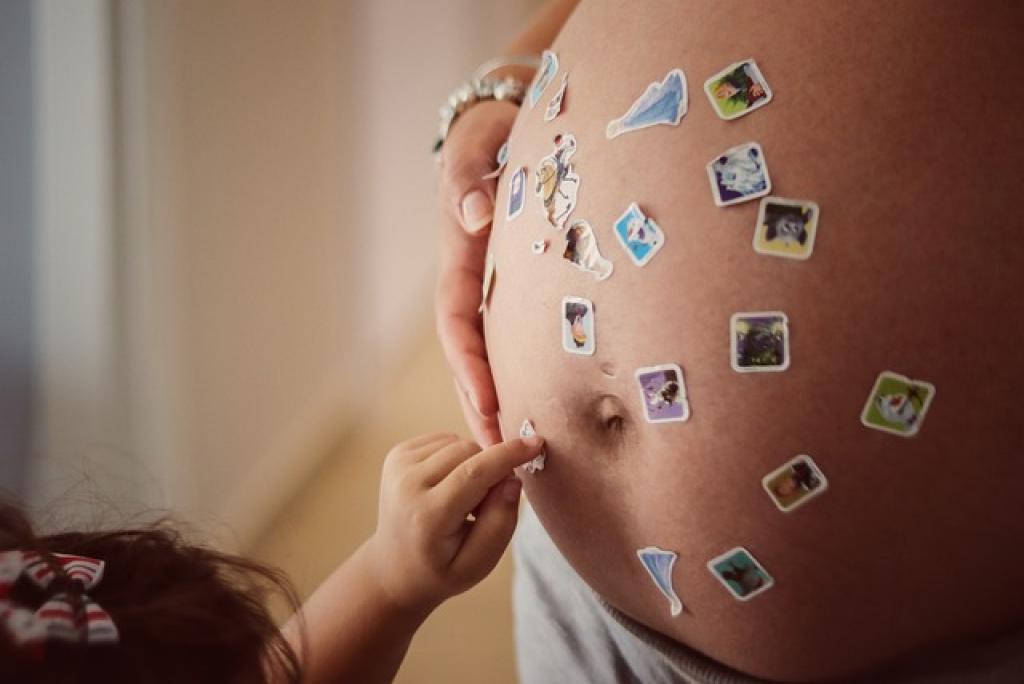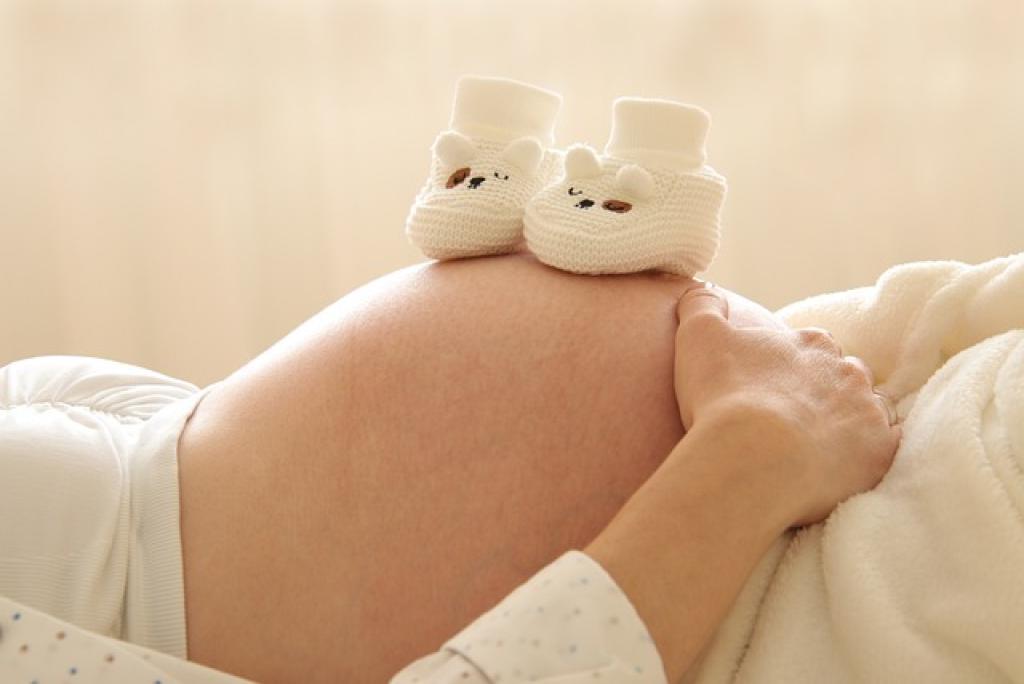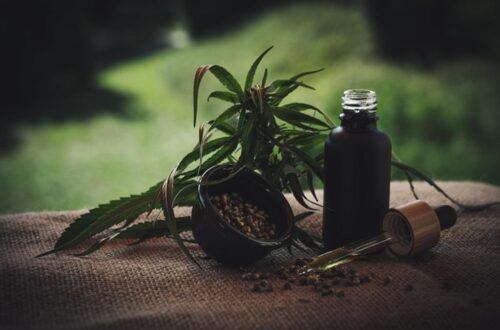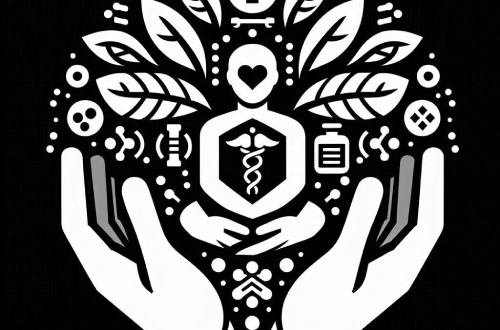Welcoming a little one into the world is an exciting journey filled with many decisions, big and small. One question that often pops up for expecting mothers is whether CBD, a compound found in cannabis plants, is safe to use during pregnancy.
CBD has been praised for its potential to ease anxiety, pain, and other ailments. But what does science say about its use for mothers-to-be? Navigating the vast sea of information out there can be overwhelming, especially when trying to make the best choices for your baby’s health.
In this blog post, we’ll dive into the key facts and current research on CBD and pregnancy. Understanding what experts say, the potential risks and benefits, and the legal landscape can help you make an informed decision. Let’s explore this important topic together, step by step.
CBD Safety During Pregnancy: What Research Says
With the growing popularity of CBD, expecting mothers are curious about its potential impacts. However, research on CBD usage during pregnancy is still in its early stages.
Scientists and healthcare professionals caution against using CBD while pregnant due to the lack of extensive, conclusive studies. Some animal studies hint at possible risks, such as developmental issues in the brain and reproductive systems of the fetus. But these findings aren’t directly applicable to humans, leaving a gap in our understanding.
As well as this, there’s the challenge of unregulated products. Since CBD products aren’t strictly regulated, their purity and dosage can vary widely. This unpredictability raises concerns about harmful contaminants or inaccurate dosing, both of which could pose risks to an expectant mother and her baby.
Despite anecdotal claims of CBD’s benefits for pregnancy-related nausea or anxiety, healthcare professionals advise playing it safe. Consulting with a doctor before considering CBD is crucial. Ongoing studies may eventually provide clearer answers, but until then, caution remains the best approach.
Remember, most conventional medications undergo rigorous testing before being deemed safe for pregnancy. CBD hasn’t yet reached this level of scrutiny, making it essential to prioritize well-researched, doctor-approved treatments.
Potential Benefits of CBD for Expecting Mothers
Expectant mothers often face a range of physical and emotional challenges, making the idea of CBD’s potential benefits intriguing. Let’s explore what some believe CBD might offer.
Easing Nausea and Vomiting
One of the most common pregnancy woes is morning sickness. Some believe CBD could be a natural remedy to ease nausea and vomiting. While traditional methods, like ginger or acupressure, are usually recommended, CBD is thought to interact with the body’s endocannabinoid system to calm these symptoms.
Reducing Stress and Anxiety
Pregnancy can bring about a whirlwind of emotions, sometimes leading to heightened stress and anxiety. People who use CBD often report feeling more relaxed and less anxious. This potential calming effect might be particularly appealing to pregnant women dealing with the emotional rollercoaster of pregnancy.
Pain Relief
Pregnancy-related aches and pains, especially in the back and hips, are a frequent complaint. While there are safer, well-studied pain relief options available, some believe CBD’s anti-inflammatory properties can help reduce discomfort.
Improving Sleep
Many pregnant women struggle with sleep disturbances. Whether due to physical discomfort or anxiety, a good night’s rest can be hard to come by. CBD is touted by some as a sleep aid, potentially helping to regulate sleep patterns and improve sleep quality.
It’s essential to note that while these potential benefits sound promising, they are largely based on anecdotal evidence. Proper, clinical research specifically regarding pregnant women is still required. Always seek medical advice before considering any new supplement during pregnancy.
Understanding the Risks: CBD and Pregnancy
While the potential benefits of CBD during pregnancy might sound appealing, it’s crucial to understand the risks involved. Let’s dive into some of the concerns so you can make an informed decision.
Lack of Research
One of the biggest issues is the lack of comprehensive research on CBD use during pregnancy. Most of the available studies have been conducted on animals, and human-specific data is limited. Without solid evidence, it’s challenging to understand the full impact CBD might have on both the mother and the developing baby.
Potential for Contaminants
The CBD market is still largely unregulated, which means products can vary widely in quality. Some CBD products might contain harmful contaminants like pesticides, heavy metals, or even THC, which could pose additional risks during pregnancy. Always ensure you’re choosing a reputable brand if considering CBD.
Impact on Fetal Development
There are concerns that CBD could affect fetal brain development. While some animal studies suggest potential issues, more research is necessary to confirm these findings in humans. This uncertainty makes it essential to exercise caution.
Interactions with Other Medications
Pregnancy often comes with the need for more medications or supplements. CBD could potentially interact with these, either diminishing their effectiveness or causing adverse reactions. Always consult with a healthcare provider to navigate any possible interactions.
Unpredictable Effects
Lastly, individual responses to CBD can be unpredictable. What works well for one person might not work for another, and pregnancy can amplify these differences. This unpredictability adds another layer of risk to consider.
Consulting Your Healthcare Provider: Important Considerations
Navigating the world of CBD during pregnancy can be tricky. That’s why speaking with your healthcare provider is essential. Here are some key points to keep in mind during your consultation.
First, be open and honest about your interest in CBD. Share why you’re considering it and any specific symptoms you hope it will alleviate. This will help your healthcare provider give you tailored advice.
Next, discuss any medications or supplements you’re currently taking. CBD can interact with other substances, so it’s crucial to identify any potential conflicts. Your healthcare provider can help you understand these interactions and adjust your regimen if necessary.
Ask about alternative treatments. If CBD isn’t recommended, your healthcare provider might suggest safer options for managing your symptoms. These could include lifestyle changes, other medications, or non-pharmacological therapies.
Don’t forget to talk about the quality of CBD products. If your healthcare provider agrees that CBD might be beneficial, they can guide you on choosing high-quality, reputable brands. This will reduce the risk of contaminants and ensure you’re getting a safe product.
Lastly, consider the legal aspects. CBD laws vary widely depending on where you live, so make sure to discuss any legal implications with your healthcare provider as well. They can help you navigate this complex landscape.
Taking the time to consult your healthcare provider ensures you’re making the best decision for both you and your baby. Armed with their expert advice, you’ll be better equipped to weigh the benefits and risks of CBD during your pregnancy.

Using CBD Products Safely While Pregnant
Choosing to use CBD products while pregnant is a decision that requires careful consideration. Here are some tips to help you navigate this journey safely.
First and foremost, always opt for high-quality, lab-tested products. Look for brands that provide third-party lab results to verify the content and purity of their CBD. This ensures you’re not ingesting harmful contaminants like pesticides or heavy metals.
If you’re new to CBD, start with a low dose and gradually increase it if needed. Monitoring your body’s response is crucial, and starting small gives you the ability to find the minimum effective dose with minimal risk.
Forms of CBD to Consider
Consider the form of CBD you’re using. Topicals, for instance, are generally considered safer because they don’t enter the bloodstream when applied to the skin. This makes them a preferred choice for targeting localized pain or inflammation.
On the other hand, edibles or tinctures allow CBD to enter the bloodstream and potentially affect the entire body. These forms should be used with extreme caution during pregnancy, and only under the guidance of your healthcare provider.
It’s also essential to be mindful of timing. Try to use CBD at times when you’re less likely to need quick attention for pregnancy-related issues. This allows you to better monitor its effects and adjust your usage accordingly.
Lastly, keep detailed notes. Jot down how much CBD you’re taking, the time of day, and any effects you notice. This record will help you track what works and what doesn’t, providing valuable information both for yourself and your healthcare provider.
By making informed choices and staying vigilant, you can navigate the use of CBD products more safely during pregnancy. Always remember, your health and the well-being of your baby are the top priorities.
Myths and Facts: Dispelling Misconceptions About CBD and Pregnancy
When it comes to CBD and pregnancy, there’s plenty of misinformation floating around. Let’s clear up some of the most common myths and get to the facts.
Myth: CBD Is Totally Safe During Pregnancy
Many believe that because CBD is natural, it’s completely safe to use during pregnancy. The truth is, the effects of CBD on pregnant individuals and their developing babies are still not well understood. Always consult your healthcare provider before using CBD while pregnant.
Myth: All CBD Products are Created Equal
A common misconception is that all CBD products are the same. In reality, the quality and concentration of CBD can vary significantly from one product to another. It’s crucial to choose reputable brands that provide third-party lab testing to ensure the product’s safety and consistency.
Fact: CBD Can Interact with Other Medications
One important fact is that CBD can interact with other medications you might be taking during pregnancy. This means it could potentially enhance or weaken the effects of other drugs, leading to unwanted side effects. Discuss any CBD usage with your healthcare provider to avoid complications.
Fact: Topical CBD Is Less Risky Than Ingestible Forms
As mentioned earlier, topical CBD products are generally considered less risky because they don’t enter the bloodstream in the same way that edibles or tinctures do. If you must use CBD, topicals are often the safer choice for managing localized pain or skin irritations.
Myth: CBD Will Get You High
Another big myth is that CBD will get you high. Unlike THC, CBD is not psychoactive, meaning it won’t produce the “high” associated with marijuana. However, this doesn’t mean it’s entirely risk-free, especially during pregnancy.
By distinguishing between myths and facts, you can make more informed choices about whether or not to use CBD during pregnancy. Always turn to reliable sources and consult healthcare professionals to guide your decisions. Your health and your baby’s health depend on it.
The Bottom Line: Making Informed Decisions for Your Health
Navigating the world of CBD during pregnancy can be tricky, but making informed decisions is the key. Taking the time to understand the risks and benefits will help you make choices that align best with your health and that of your baby.
Always start by talking to your healthcare provider. They can offer personalized advice based on your unique medical history and current health status. Plus, they’ll help you weigh the pros and cons of using CBD products while pregnant.
It’s also crucial to do your own research. Look for reputable sources and scientific studies rather than relying solely on anecdotal evidence or marketing claims. High-quality, third-party tested CBD products are more trustworthy and provide you with the information you need to feel confident about what you’re putting in or on your body.
Take myths and misconceptions with a grain of salt. Not everything you hear or read is accurate. Don’t hesitate to verify any claims and seek second opinions if something doesn’t sound quite right.
If you’re considering using CBD, remember that not all forms of CBD are the same. For many, topical applications are safer options compared to ingestible forms like oils or edibles. However, even these come with some risk, so use them cautiously and sparingly.
In the end, the most important thing is to prioritize your health and the health of your baby. Well-informed decisions lead to better outcomes, providing peace of mind during such a crucial time in your life. Stay educated, consult professionals, and always opt for safety over convenience. Your future self will thank you.






